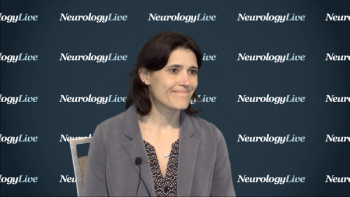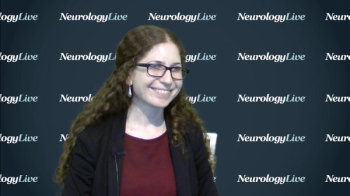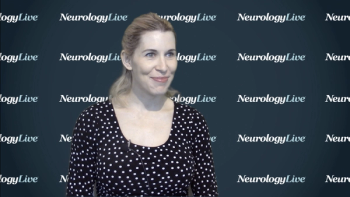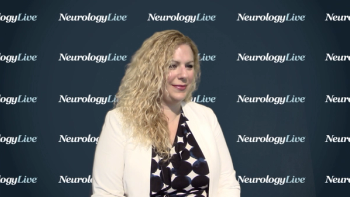
Patients with favorable prognostic profiles or relapsing-remitting MS are the least likely to initiate high-efficacy disease-modifying therapies recommended by their physician, with many patients citing access challenges.

Patients with favorable prognostic profiles or relapsing-remitting MS are the least likely to initiate high-efficacy disease-modifying therapies recommended by their physician, with many patients citing access challenges.

Despite high rates of depression in MS, picking up on signs that an individual may be at risk for suicide can be difficult. The staff neurologist at Cleveland Clinic’s Mellen Center discussed some of the red flags.

Results of a pooled analysis of 3 clinical trials suggest that the magnitude of fingolimod’s treatment effect in MS is not affected by the presence of migraine or headache in patients.

The MS neurologist at Cleveland Clinic’s Lou Ruvo Center for Brain Health spoke about the factors that should be taken into account when making treatment decisions in MS, such as tolerability, affordability, and the desire to start family planning.

Data from 5 clinical trials and their extensions along with 1 real-world study suggest that treatment with teriflunomide can help patients of varying ages maintain low annualized relapse rates and stable EDSS scores.

Diroximel fumarate may be an effective treatment option in both newly diagnosed and interferon/glatiramer acetate switch patients. Interim results show it significantly reduced disease activity and was well tolerated, with low rates of gastrointestinal adverse effects leading to treatment discontinuation.

The podiatrist and CEO of Naboso Technology spoke about the potential of simple textured insoles to improve gait, posture, and balance in patients with MS experiencing ambulation issues.

Follow-up data extending out to 8 years suggest that both clinical and MRI outcomes are better with alemtuzumab (Lemtrada) than interferon beta-1a in patients with relapsing-remitting multiple sclerosis.

The Director of Behavioral Medicine at the Mellen Center for MS Treatment and Research at the Cleveland Clinic spoke about how she approaches fatigue in MS from a behavioral standpoint.

Given that depression is a common symptom in patients with MS and is associated with increased morbidity and mortality, the investigators examined the effects of lower-efficacy DMTs and higher-efficacy DMTs on depression.

In those with MS treated with subcutaneous interferon beta-1a, Magnetic Resonance Imaging in multiple sclerosis scores may be predictive of the time to new clinical disease activity and disease progression.

In order to better understand the clinical and economic impacts of nonadherence to disease-modifying therapy, the investigators conducted a cost-consequence analysis among patients taking once- or twice-daily DMTs.

The investigators sought to compare a 6-week, in-person intervention with CBT for insomnia and a brief education program in patients with MS who reported symptoms of insomnia.

The subgroups were defined by baseline characteristics that are known to be potential modifiers of risk to conversion to clinically-definite multiple sclerosis, including age, gender, first classification of demyelinating event, presence of T1 Gd+ lesions, and number of active T2 lesions.